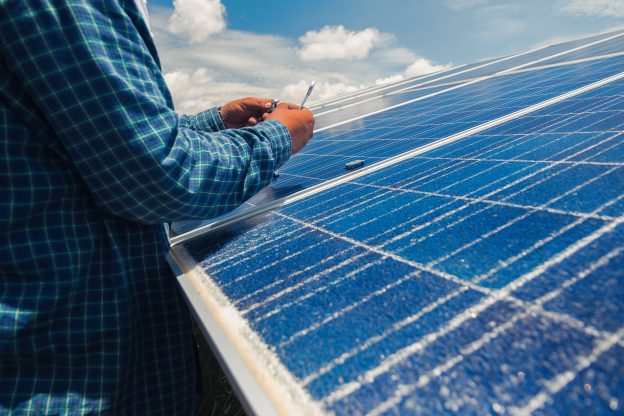
Energy density is a critical metric for battery performance. Recently, Chinese scientists have developed a li-ion battery with an energy density surpassing 700 Wh/kg.
Currently, the energy density of Tesla’s 4680 lithium batteries ranges between 244 to 296 Wh/kg. While the energy density of existing li-ion batteries can adequately support the majority of electric vehicles, high-performance electric motorcycles, electric aircraft, and vertical takeoff and landing aircraft require lighter batteries capable of delivering more power.
At present, the highest energy density for batteries is found in in a no-anode soft pack battery developed and tested by a team from Dalhousie University in Canada, which offers an energy density of 575 Wh/kg. CATL from China introduced a new battery called the Condensed Battery in April, achieving an energy density of 500 Wh/kg.
Now, a team from the Institute of Physics at the Chinese Academy of Sciences has set a new benchmark by developing a 10-Ah rechargeable soft pack battery using ultra-thin lithium metal nodes and lithium-rich manganese oxide cathodes. The team widened the battery’s charge-discharge voltage range and studied the structural stability of the cathode, as well as how lithium ions deposit on the electrodes and dissolve during the charge-discharge process via modification of the lithium anode surface.
Following third-party testing by the China North Vehicle Research Institute (Institute 201) and the North Automobile Quality Supervision and Inspection Identification Test Institute, the new battery achieved a first discharge energy density of 711.3 Wh/kg and a volumetric energy density of 1653.65 Wh/L. Although currently in the experimental stage, commercialization will take time due to the application of advanced technologies such as high-loading electrodes and lean electrolyte, leading to a higher price.
The team adopted this ultra-high density as a goal, maximizing a single value at the expense of other battery performance factors. Therefore, the research does not cover aspects like the battery’s ability to emit or absorb power, its lifespan, performance under varying temperatures, or the risk of fire. The researchers indicated that, with room for improvement in the density index, they aim to surpass their own record in the future.
(Featured image is illustrative; Source: shutterstock)







